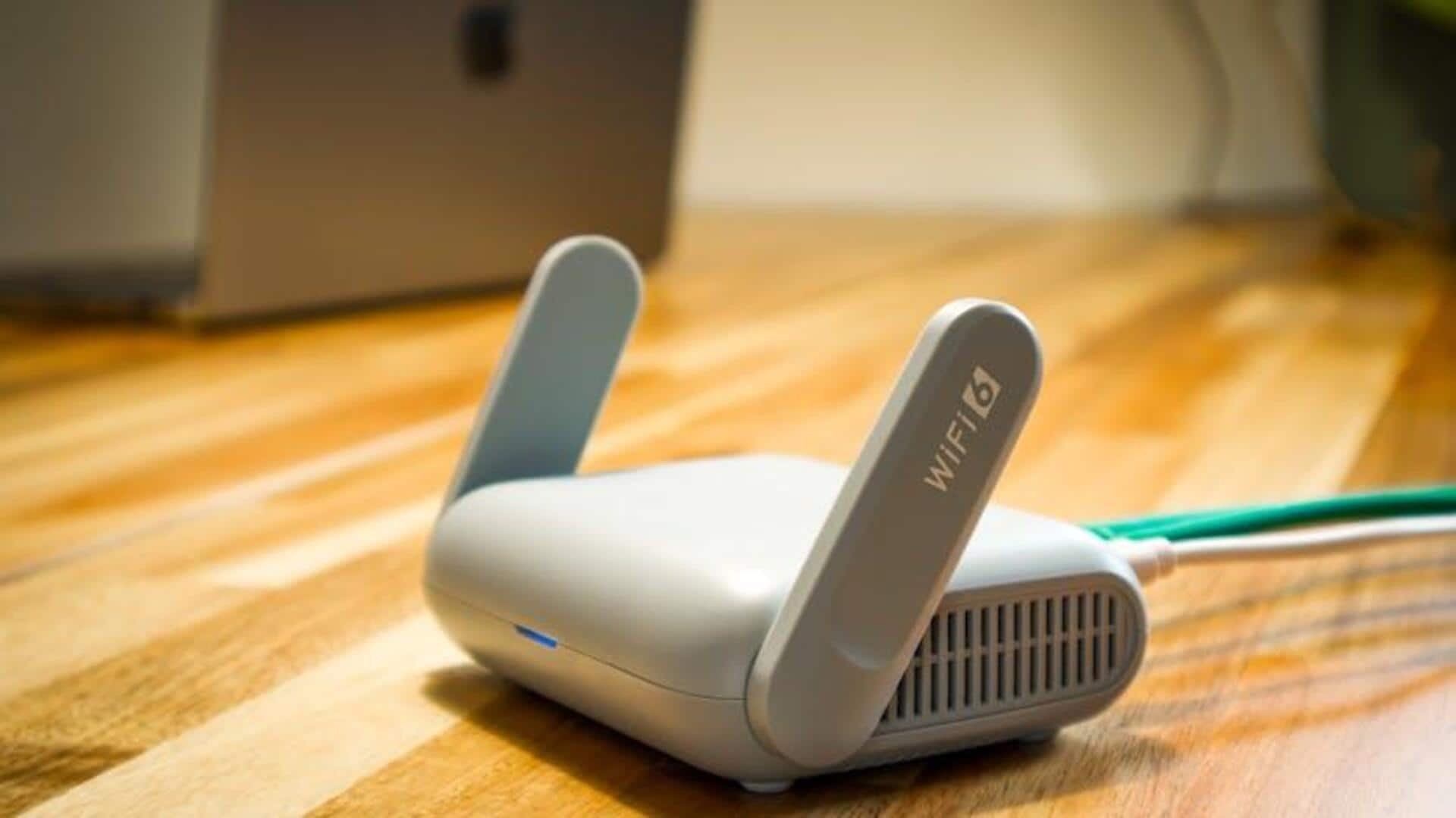
How to strengthen your Wi-Fi security
What's the story
Securing your home Wi-Fi network is critical in today's connected world. With so many devices connecting to the internet, a vulnerable network can be an open invitation for cybercriminals. Using your router's built-in security features can go a long way in protecting your data and privacy. Here are some practical tips to help you strengthen your Wi-Fi security using these settings.
Tip 1
Change default login credentials
Most routers come with default usernames and passwords that are easy for hackers to guess. The first step to securing your network is to change these credentials. Use a strong password that combines letters, numbers, and special characters. This simple step can drastically reduce the risk of unauthorized access to your router's settings.
Tip 2
Enable WPA3 encryption
Encryption is key to keeping your data safe while it travels over the airwaves. WPA3 is the latest and most secure Wi-Fi encryption standard available today. If your router supports it, make sure to enable WPA3 in the settings menu. This will make it much harder for anyone to intercept or decode the information sent over your network.
Tip 3
Disable WPS feature
Wi-Fi Protected Setup (WPS) makes it easy to connect devices without entering a password, but it also opens doors for potential vulnerabilities. Hackers can exploit WPS to gain access to your network within minutes. It's advisable to disable this feature from your router's settings menu and connect devices manually by entering the password instead.
Tip 4
Update firmware regularly
Router manufacturers regularly release firmware updates to patch security vulnerabilities and improve performance. Check for updates regularly and apply them as soon as they become available. Keeping your router's firmware up-to-date ensures that you have the latest protections against emerging threats.
Tip 5
Create a guest network
If you have visitors who need internet access without giving them access to your main network, consider setting up a guest network. This keeps your personal devices and data safe by isolating guest connections from your primary network. Configure this option in your router's settings, and share the guest network credentials only with those who need them temporarily.